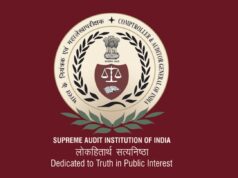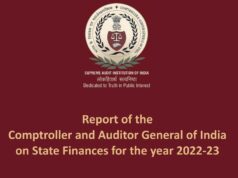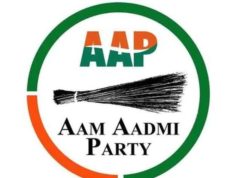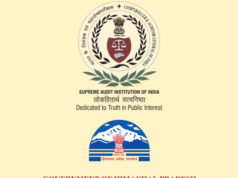The Comptroller and Auditor General (CAG) has exposed major irregularities in Delhi’s governance, highlighting a loss of over ₹2,000 crore due to the 2021-22 liquor policy and severe lapses in the city’s healthcare system. The findings, presented in a report tabled in the Delhi Assembly, have put the Aam Aadmi Party (AAP) under fresh scrutiny.
The report on Delhi’s liquor policy pointed to weak policy frameworks, inadequate planning, and multiple violations in licensing, pricing, and enforcement. The biggest loss, estimated at ₹941.53 crore, resulted from the failure to secure timely approvals for opening liquor vends in non-conforming municipal wards. Further, the surrender of licenses from certain zones led to an additional ₹890.15 crore in losses. The excise department’s inability to retender these zones resulted in revenue slipping through the cracks. The report also flagged the irregular grant of waivers worth ₹144 crore to license holders due to pandemic-related closures.
Former Deputy Chief Minister Manish Sisodia, who was in charge of the excise department at the time, ignored recommendations from an expert panel regarding the policy, leading to decisions that directly contributed to the financial losses. The policy also mandated liquor vends in non-conforming areas against the guidelines of the Master Plan for Delhi 2021. When the Delhi Development Authority (DDA) later issued an order barring liquor shops in these areas, the government faced further revenue setbacks.
The CAG also exposed glaring deficiencies in Delhi’s healthcare system, raising concerns over the much-publicized Mohalla Clinics and overall medical infrastructure. The report revealed that several clinics lacked basic facilities such as toilets, power backup, and even examination tables. Among the 21 clinics inspected, none had functioning toilets, 15 had no power backup, and six lacked tables for check-ups. Accessibility for the physically disabled was also absent in at least 12 clinics.
The state of AYUSH dispensaries was similarly alarming, with 17 out of 49 facilities lacking power backup, seven having no toilets, and 14 without drinking water. The report also flagged a severe shortage of medical staff, with over 8,000 vacancies in government healthcare institutions. Nurses and paramedics faced the worst shortages, with staffing levels down by 21% and 38%, respectively.
The CAG found that funds meant for COVID-19 management were grossly underutilized. Of the ₹787.91 crore released by the Centre under the Emergency Covid-19 Response Plan, only ₹582.84 crore was spent. A substantial ₹83.14 crore, meant for purchasing essential medical supplies like PPE kits and masks, remained unutilized.
Hospital infrastructure also failed to meet the demands of the growing population. Despite budget promises of adding 32,000 beds between 2016-2021, only 1,357 were added. The report found that bed occupancy in major hospitals ranged from 101% to 189%, forcing multiple patients to share single beds or lie on floors. ICU services were absent in 14 out of 27 government hospitals, while 16 hospitals lacked blood banks, eight had no oxygen supply, and 15 had no mortuary services.
Ambulance services were also severely inadequate, with many CATS ambulances lacking essential life-saving equipment. Hospitals were forced to buy up to 47% of essential medicines directly due to procurement failures. The CAG also found that 15 plots worth ₹648.05 lakh, acquired between 2007-2015 for building hospitals, remained unused for up to 15 years.
The report further flagged delays in executing new hospital projects. Of the hospitals announced during the tenure of former Chief Minister Sheila Dikshit, only three were completed, with delays extending up to six years and significant cost escalations.
The revelations have fueled political controversy, with the BJP accusing AAP of financial mismanagement and corruption. The liquor policy irregularities had already led to a CBI probe, resulting in the arrests of top AAP leaders, including Manish Sisodia and Rajya Sabha MP Sanjay Singh. The latest findings are expected to add further pressure on the party and its image.
Delhi Chief Minister Rekha Gupta has assured that all CAG reports, including those on transport, pollution control, and financial management, will be made public in upcoming assembly sessions. However, with the latest revelations questioning the efficiency of both Delhi’s revenue policies and healthcare system, the AAP faces mounting criticism over its governance claims.










